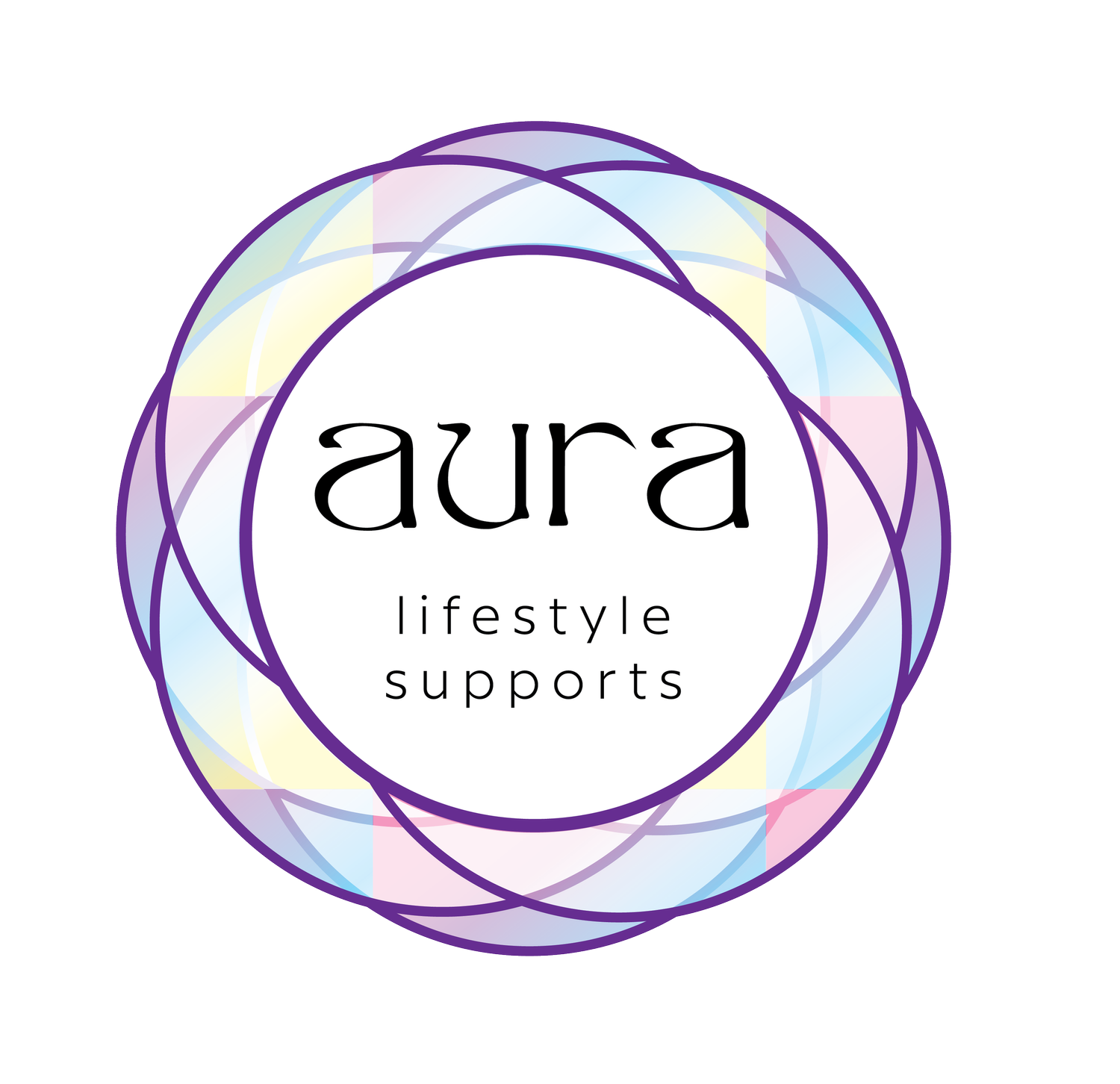NDIS FAQs
-
The National Disability Insurance Scheme (NDIS) is Australia’s national approach to providing support for people with permanent and significant disabilities. It was introduced to give people with disability, along with their families and carers, more choice and control over the supports and services they receive. Unlike previous systems, the NDIS is designed to be flexible and individualised, recognising that every person’s needs, goals, and circumstances are different.
Through the NDIS, eligible participants receive funding directly to access a wide range of supports — from daily personal care, allied health therapies, and community participation to mobility equipment, assistive technology, and home modifications. This funding helps people build their independence, develop skills, access education or employment, and participate more fully in their communities.
The NDIS also connects people to mainstream services and community resources, working alongside families, carers, and service providers to deliver better long-term outcomes. By investing in the individual and supporting choice and inclusion, the NDIS plays a vital role in building a fairer, more accessible Australia for people living with disability.
-
✅ 1. Agency-Managed (NDIA-Managed)
The National Disability Insurance Agency (NDIA) manages your funds for you.
You can only use NDIS-registered providers.
The provider claims payment directly from the NDIS portal — you don’t handle invoices or payments.
The NDIA keeps records and tracks spending.
This is the most structured option, suitable for people who want less admin responsibility.
✅ 2. Plan-Managed
A Plan Manager (an NDIS-registered financial intermediary) manages your funds for you.
You can use both NDIS-registered and non-registered providers, giving you more choice.
The Plan Manager pays providers, manages invoices, and keeps track of your spending.
You still choose your supports and providers but don’t handle the admin.
The cost of a Plan Manager is paid for by the NDIS, separate from your other funding.
✅ 3. Self-Managed
You (or your nominee) manage your funds yourself.
You can use NDIS-registered or non-registered providers, giving you the most flexibility and control.
You pay providers directly, keep records, claim reimbursements, and manage all invoices.
This option requires more admin and record-keeping but offers the highest level of choice and control.
✅ 4. Combination (Mixed)
Many people choose to mix the options above.
For example, you might self-manage part of your budget (like therapies) and have the rest plan-managed or NDIA-managed.
-
In the NDIS, there are two types of providers: registered and unregistered. Registered NDIS providers are organisations or individuals who have met strict quality and safety standards set by the NDIS Commission. They are approved to deliver specific supports and must comply with ongoing requirements, including audits and reporting. Unregistered providers, on the other hand, have not completed the official registration process with the NDIS Commission but can still legally deliver services to self-managed or plan-managed participants. Many unregistered providers are small businesses or independent workers who may offer more flexible or specialised services. Choosing between registered and unregistered providers often comes down to your funding type and how much choice and control you want over who delivers your supports.
-
The NDIS Quality and Safeguards Commission (NDIS Commission) is an independent government body responsible for overseeing the quality and safety of services and supports delivered under the National Disability Insurance Scheme (NDIS). Its role is to protect the rights of NDIS participants, ensure they receive safe and high-quality care, and help providers meet national standards. The NDIS Commission regulates registered providers, handles complaints, investigates incidents, and sets clear practice standards and a Code of Conduct for all NDIS workers. By monitoring and improving service quality, the NDIS Commission plays a vital role in building trust in the scheme and supporting people with disability to exercise choice and control safely.
-
NDIS social and community participation refers to the supports funded by the National Disability Insurance Scheme that help people with disability connect with others and take part in everyday activities outside the home. These supports are designed to build confidence, develop skills, and encourage independence by enabling participants to join in social groups, recreational activities, sports, volunteering, and community events. Social and community participation can include having a support worker help someone attend a class, visit friends, join a club, or take part in hobbies that boost wellbeing and connection. By funding these activities, the NDIS recognises that meaningful community involvement is an important part of living a fulfilling life.
-
NDIS Supported Independent Living (SIL) is a type of funding provided under the National Disability Insurance Scheme that helps people with disability live as independently as possible in a shared or individual living arrangement. SIL covers the day-to-day support a person needs in their home, such as help with personal care, cooking, cleaning, and developing daily living skills. It is usually provided in a shared house with other NDIS participants but can also support people living on their own if they need significant assistance throughout the day and night. The goal of SIL is to help people build their independence, increase their skills, and live in a safe, supported environment that suits their individual needs and goals.
